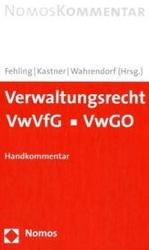Full Description
This book examines regional integration in Africa, with a particular focus on the Southern African Development Community (SADC). The book demonstrates that civil society networks in Southern Africa constitute well-governed, self-organised entities that function just like formal regional arrangements driven by state actors and technocrats.








